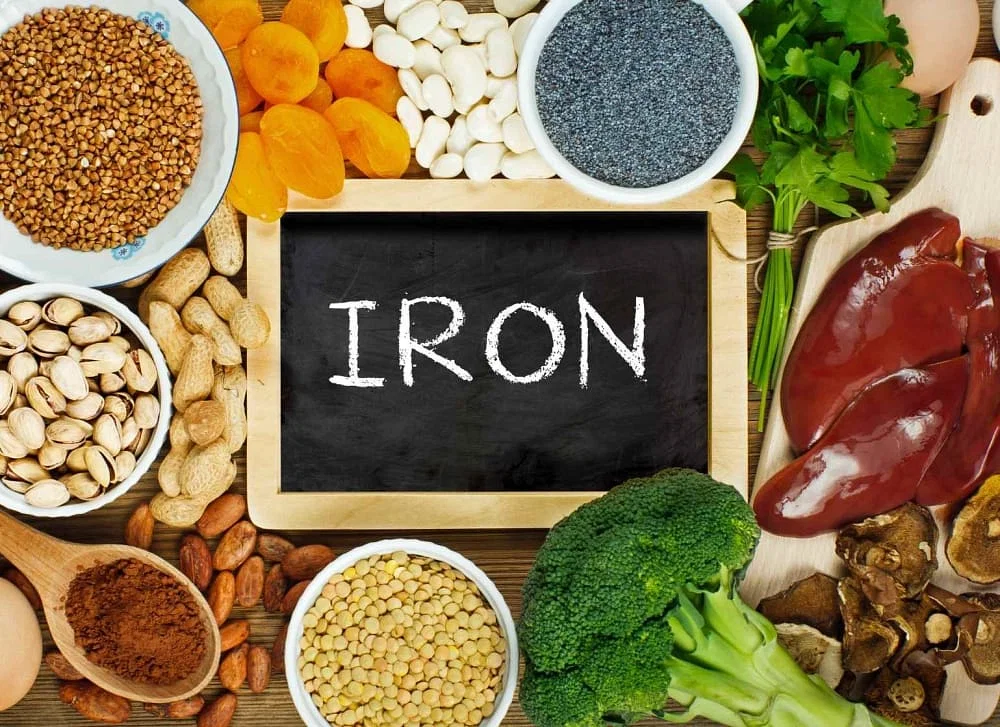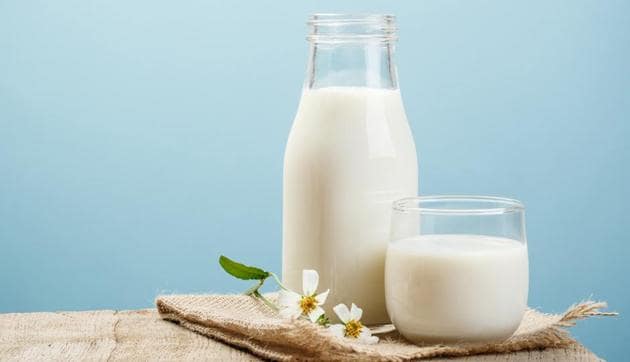Shilajit, a natural resin found in the mountainous regions of the Himalayas, is hailed for its exceptional health-promoting properties. Packed with fulvic acid and a plethora of essential minerals, Shilajit has been a cornerstone of Ayurvedic medicine, offering a wide range of health benefits, from enhancing energy levels to promoting better nutrient absorption. However, to fully harness the potency of Shilajit, it is crucial to pay attention to one’s diet. Certain foods can interfere with the body’s ability to absorb and utilize Shilajit effectively. Dive into our comprehensive overview of the 6 foods to avoid when consuming Shilajit, and why it matters for your health. Tailor your diet for optimal Shilajit absorption and effectiveness, enhancing your well-being with informed dietary choices.
1. High-Iron Foods

1. High-Iron Foods
Shilajit is naturally rich in iron, an essential mineral critical for forming hemoglobin, a protein in red blood cells that carries oxygen throughout the body. However, too much iron can lead to hemochromatosis, a condition where iron accumulates in the body, potentially causing liver disease, heart problems, and diabetes. To prevent iron overload, it’s advisable to moderate the intake of high-iron foods such as red meat, spinach, and lentils while supplementing with Shilajit. Balancing your diet to avoid excessive iron is key to leveraging Shilajit’s benefits without risking iron toxicity.
2. Dairy Products

Dairy products are a primary source of calcium, which, while beneficial for bone health, can compete with the minerals in Shilajit for absorption in the digestive tract. This competition can potentially reduce the effectiveness of Shilajit’s mineral content. To ensure optimal absorption of Shilajit’s nutrients, consider timing your intake of dairy products a few hours apart from Shilajit supplements. This simple dietary adjustment can significantly enhance the bioavailability of the nutrients in Shilajit, ensuring you reap its full health benefits.
3. Processed and Fried Foods

Processed and fried foods are often laden with unhealthy fats and chemicals that can induce oxidative stress in the body, counteracting the antioxidant effects of Shilajit. These foods can overload the body with free radicals, which Shilajit seeks to neutralize. To support the antioxidant prowess of Shilajit, it is recommended to limit the consumption of these foods, opting instead for a diet rich in whole, unprocessed foods. Embracing a diet that complements the detoxifying and rejuvenating nature of Shilajit can amplify its health benefits.
4. Caffeinated Beverages
While a moderate intake of caffeinated beverages is part of many people’s daily routines, excessive consumption can lead to dehydration and mineral imbalances, particularly when combined with Shilajit. The diuretic effect of caffeine can exacerbate the risk of dehydration and mineral loss, potentially diminishing the effectiveness of Shilajit. To avoid such interactions, it’s wise to monitor your caffeine intake and ensure you’re adequately hydrated, especially when taking Shilajit supplements.
5. High-Sugar Foods

High-sugar foods can disrupt blood sugar levels, leading to energy spikes and crashes. This effect can interfere with the stabilizing influence of Shilajit on the body’s energy levels. Additionally, sugar promotes oxidative stress, which is counterproductive to the antioxidant benefits provided by Shilajit. Opting for a low-sugar diet can enhance the efficacy of Shilajit, supporting stable energy levels and minimizing oxidative damage.
6. Alcohol

Alcohol consumption can dehydrate the body and lead to a depletion of essential minerals, complicating the beneficial effects of Shilajit. Furthermore, alcohol can intensify the detoxifying action of Shilajit, potentially leading to adverse reactions. For those looking to maximize the health benefits of Shilajit, minimizing or avoiding alcohol consumption is advisable.
Conclusion
Integrating Shilajit into your health regimen can significantly enhance your well-being, provided you navigate your diet with mindfulness regarding these six food categories. By avoiding or moderating the intake of these foods, you can ensure that Shilajit works synergistically with your body, maximizing its health benefits without undue interference. As with any supplement, it’s crucial to consult with a healthcare professional before beginning Shilajit, especially if you have underlying health conditions or are taking medication.
If you have any queries related to medical health, consult Subhash Goyal or his team members on this given no +91 99150 72372, +91 99150 99575, +9182830600






